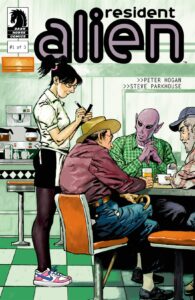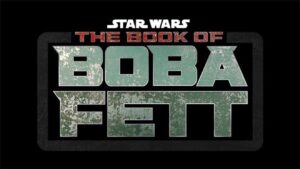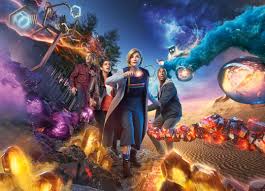Adapted from the 2001 Xbox game HALO: COMBAT EVOLOVED Paramount + debuted yesterday the pilot episode of their Sci-Fi series HALO.
While I have played the game and its sequel I have never dived deeply into the lore or worldbuilding for HALO and as such my interpretation of the series is not a comparison but as a new viewer.
Set in the distant future of the mid 26th century, HALO is concerned with both a conflict 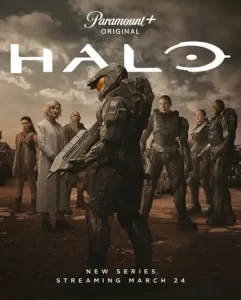 between the Interstellar human government, breakaway rebel/insurrectionists colonies the war between the humans an alien coalition known as the Covenant. The story centers on a cybernetic warrior Spartan 117 ‘Master Chief,’ part of an elite unit of cybernetic fighters.
between the Interstellar human government, breakaway rebel/insurrectionists colonies the war between the humans an alien coalition known as the Covenant. The story centers on a cybernetic warrior Spartan 117 ‘Master Chief,’ part of an elite unit of cybernetic fighters.
When the Covenant attack the separatist world of Madrigal, the Spartan intervene and discover in addition to a sole survivor of the massacre that the aliens were seeking some device on the colony. Factions with the human government splinter and contest each other for the best methods in dealing with both the Covenant and the Separatists with Master Chief, acting on an element of his reawakened humanity, finding a measure of independence from his programing.
HALO boasts impressive production design and special effects with many of the game elements both faithfully reproduced visually and credibly for today’s discerning audiences. The storyline is not a direct adaptation of the game’s plot and I believe I read somewhere that the show runners have no intent to adapt the already existing lore and story from the games.
The pilot episode seems to be unable to make up its mind what it wants in terms of tone. The action sequences are fairly well staged and fast paced but with the tangled political plotlines leaving the viewer without any clear faction to support the action is undercut. In the pilot it is unclear if any of the factions deserve the viewers sympathy or emotional investment.
Pablo Schreiber performed quite well as Master Chief but with and without his helmet. However, I found Natascha McElhone’s performance as Dr Halsey, creator of the Spartan Program, stiff and unconvincing. Several times we have her looking directly down the camera lens and I was at a loss to understand just what emotion or thought she was attempting to convey. This may be a directorial issue as I had no such troubles when she was in the American version of Solaris.
The episode’s dialog is best described as serviceable. While the exposition is not as heavy handed slapped into your face as JMS’s on Babylon 5 there were repeated instances where the characters spoke more for the audience benefit than from any inner need.
Overall, there is enough there to hold my interest and bring me back for another episode, but the series has failed to truly hook and me and leave me with anything more than a mile interest. Hopefully that will change with more and better episodes.
A gentle reminder that I have my own SF novel available from any bookseller. Vulcan’s Forge is about the final human colony, one that attempt to live by the social standard of 1950s America 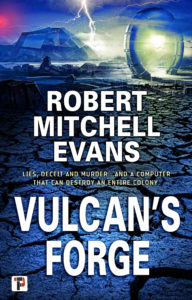 and the sole surviving outpost following Earth’s destruction. Jason Kessler doesn’t fit into the repressive 50s social constraints, and he desire for a more libertine lifestyle leads him into conspiracies and crime.
and the sole surviving outpost following Earth’s destruction. Jason Kessler doesn’t fit into the repressive 50s social constraints, and he desire for a more libertine lifestyle leads him into conspiracies and crime.

